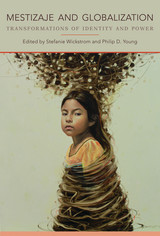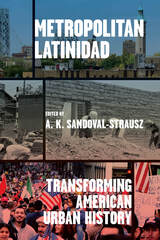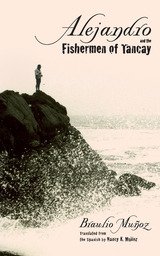
Don Morales is a wise man. But he is also a sad man, mourning the loss of the past, of better times, of brotherhood. With his short, evocative stories—told with simplicity and beauty—he pulls his readers closer to him, as if he were speaking directly to us. For the good fishermen of Tancay, life was better yesterday than it is today. It was better to live in harmony with the sea. When they lived in harmony with the natural world, there was harmony in the human world, too.
With a nostalgic feel, yet reflecting Peru’s current political instability, this is a delightful book with an important message. When the natural order is disrupted, it is not only fish that die. When nature dies, so might we all.
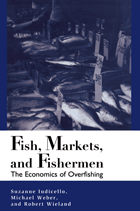
A significant number of the world's ocean fisheries are depleted, and some have collapsed, from overfishing. Although many of the same fishermen who are causing these declines stand to suffer the most from them, they continue to overfish. Why is this happening? What can be done to solve the problem.
The authors of Fish, Markets, and Fishermen argue that the reasons are primarily economic, and that overfishing is an inevitable consequence of the current sets of incentives facing ocean fishermen. This volume illuminates these incentives as they operate both in the aggregate and at the level of day-to-day decision-making by vessel skippers. The authors provide a primer on fish population biology and the economics of fisheries under various access regimes, and use that information in analyzing policies for managing fisheries. The book:
- provides a concise statistical overview of the world's fisheries
- documents the decline of fisheries worldwide
- gives the reader a clear understanding of the economics and population biology of fish
- examines the management issues associated with regulating fisheries
- offers case studies of fisheries under different management regimes
- examines and compares the consequences of various regimes and considers the implications for policy making
The decline of the world's ocean fisheries is of enormous worldwide significance, from both economic and environmental perspectives. This book clearly explains for the nonspecialist the complicated problem of overfishing. It represents a basic resource for fishery managers and others-fishers, policymakers, conservationists, the fish consuming public, students, and researchers-concerned with the dynamics of fisheries and their sustenance.
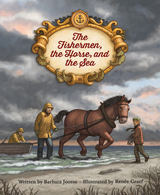
This beautifully illustrated children’s book based on a true story recounts a dramatic rescue on Lake Michigan and introduces young readers to Lester Smith and his family, who founded Port Washington’s long-running and beloved Smith Bros. Fish Shanty. Educational materials including definitions, an illustrated map of Lake Michigan, and short biographies of the story’s featured characters supplement this engaging story for elementary-age readers.

For hundreds of years, the New England cod fishery was one of the most productive in the world, with higher average annual landings than any comparable ocean area. But in the late 1980s, fish catches dropped precipitously, as the cod, flounder, and other species that had long dominated the region seemed to lose their ability to recover from the massive annual harvests. Even today, with fishing sharply restricted, populations have not recovered.
Largely overlooked in this disaster is the intriguing human and scientific puzzle that lies at its heart: an anguished, seemingly inexplicable conflict between government scientists and fishermen over how fish populations are assessed, which has led to bitter disputes and has crippled efforts to agree on catch restrictions. In The Great Gulf, author David Dobbs offers a fascinating and compelling look at both sides of the conflict.
With great immediacy, he describes the history of the fisheries science in this most studied of oceans, and takes the reader on a series of forays over the Gulf of Maine and Georges Bank on both fishing boats and research vessels. He introduces us to the challenges facing John Galbraith, Linda Despres, and Jay Burnett, passionate and dedicated scientists with the National Marine Fisheries Service who spend countless hours working to determine how many fish there really are, and to the dilemma of Dave Goethel, a whipsmart, conscientious fisherman with 20 years's experience who struggles to understand the complex world he works in while maintaining his livelihood in an age of increasing regulation.
Dobbs paints the New England fishery problem in its full human and natural complexity, vividly portraying the vitality of an uncontrollable, ultimately unknowable sea and its strange, frightening, and beautiful creatures on the one hand, and on the other, the smart, irrepressible, unpredictable people who work there with great joy and humor, refusing to surrender to the many reasons for despair or cynicism. For anyone who read Cod or The Perfect Storm, this book offers the next chapter of the story -- how today's fishers and fisheries scientists are grappling with the collapse of this fishery and trying to chart, amid uncertain waters, a course towards its restoration.
READERS
Browse our collection.
PUBLISHERS
See BiblioVault's publisher services.
STUDENT SERVICES
Files for college accessibility offices.
UChicago Accessibility Resources
home | accessibility | search | about | contact us
BiblioVault ® 2001 - 2025
The University of Chicago Press



